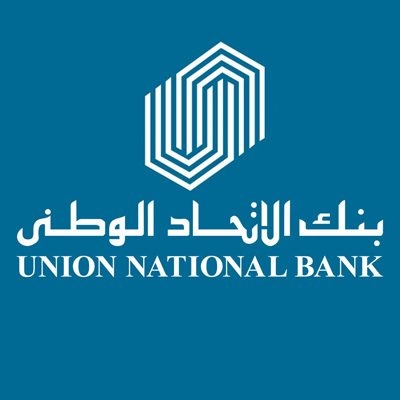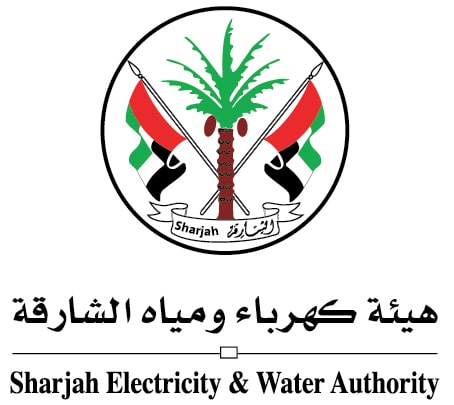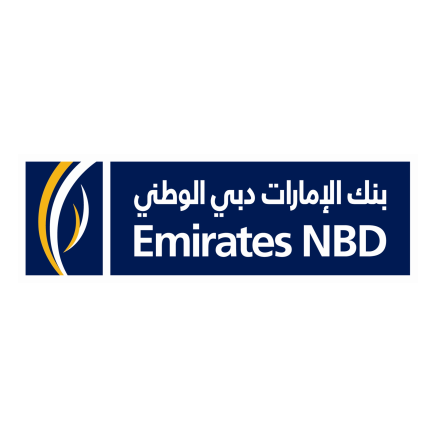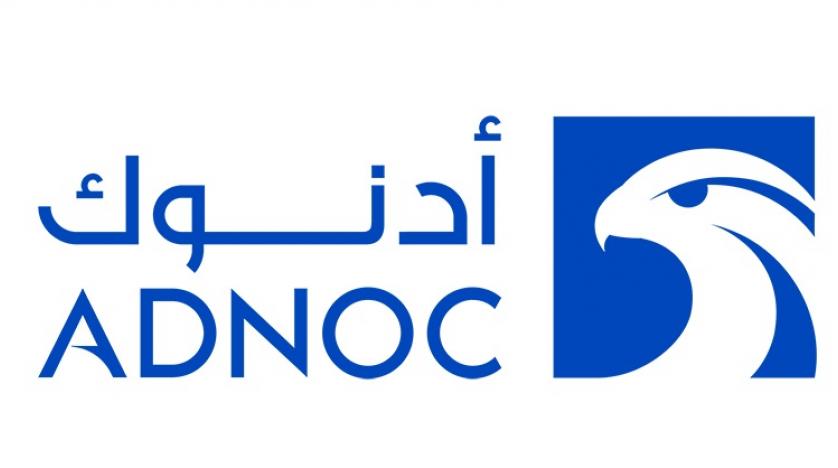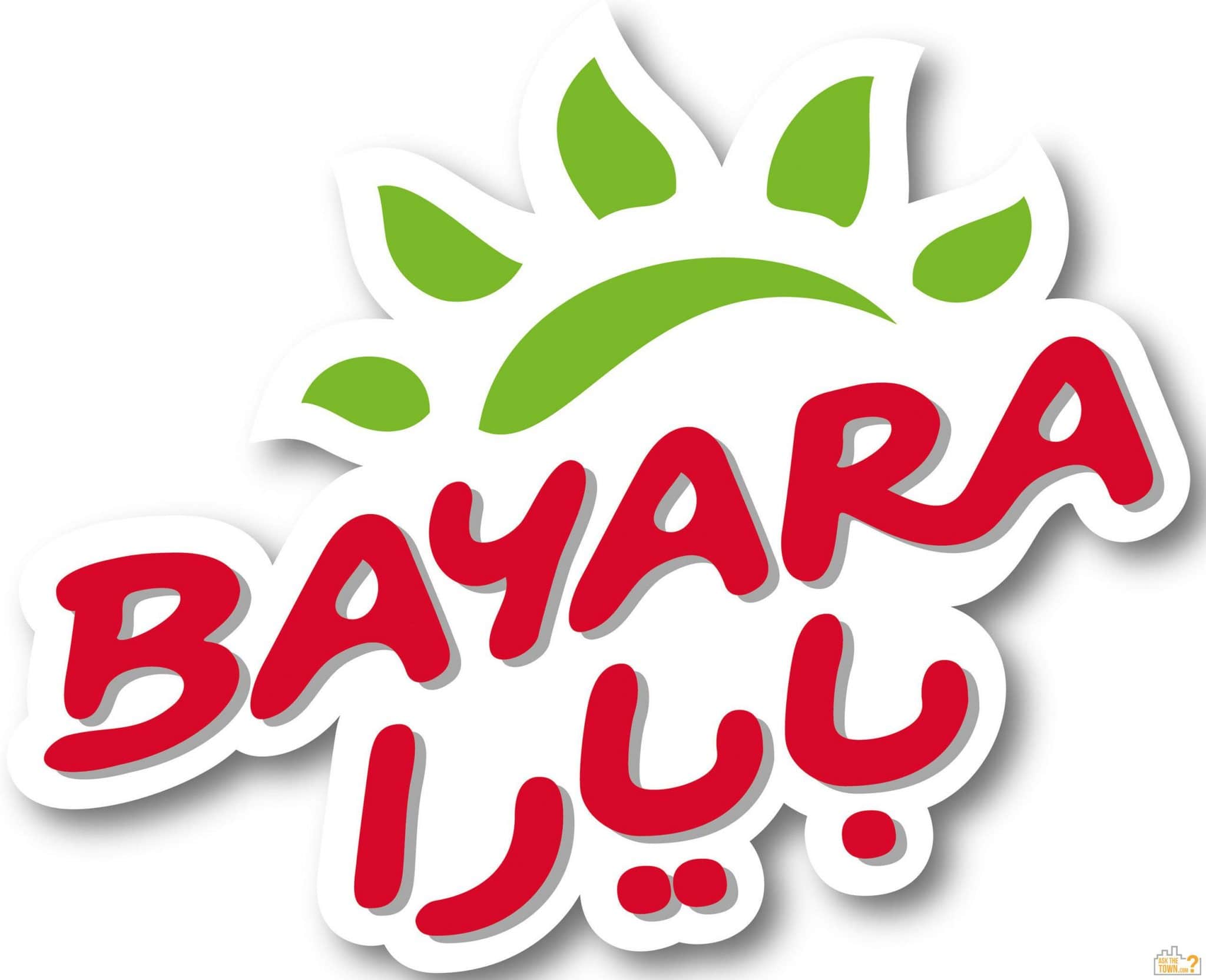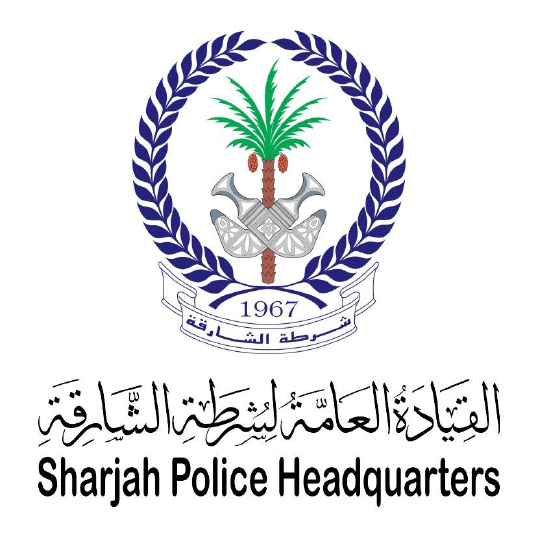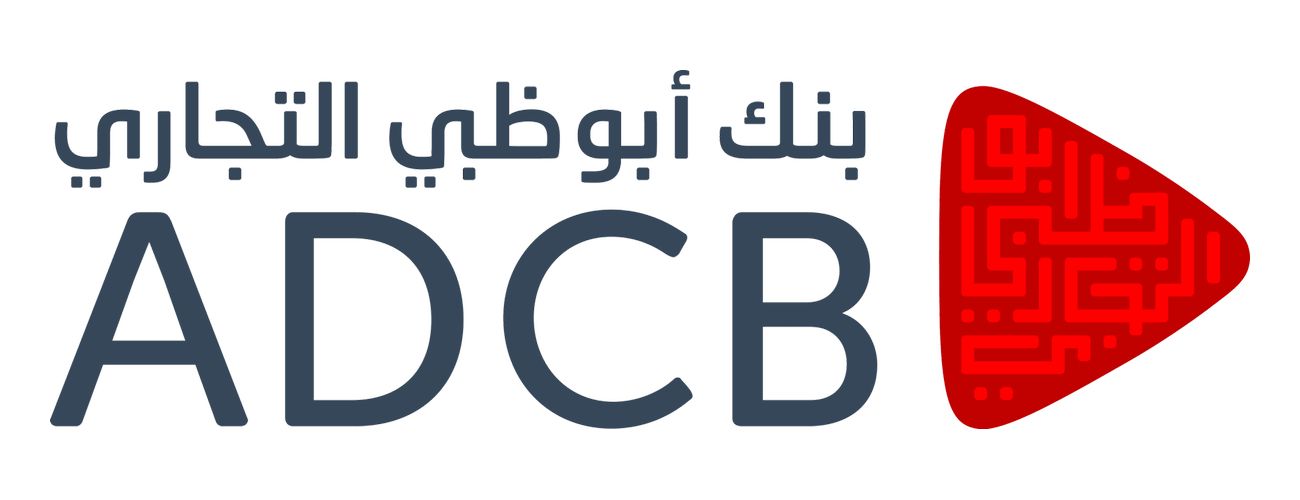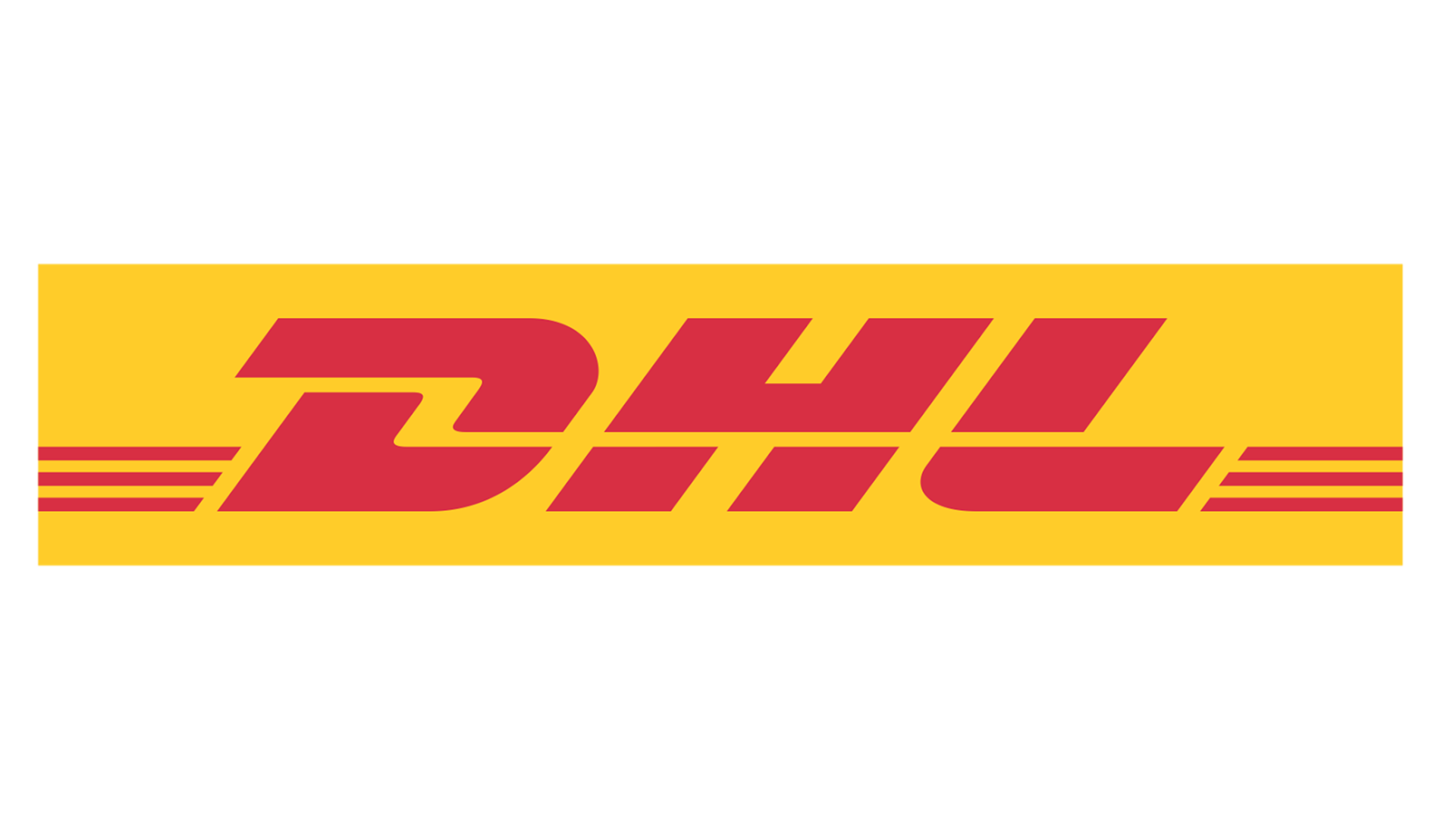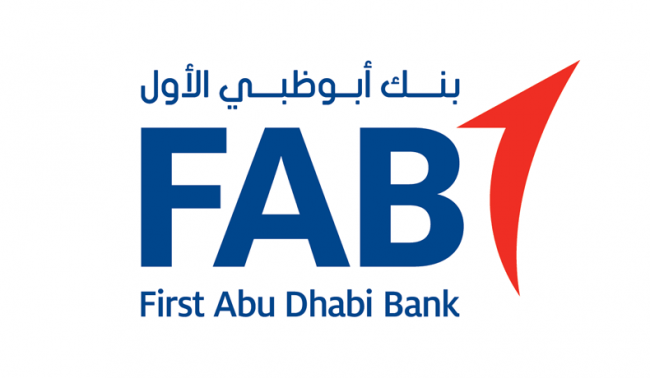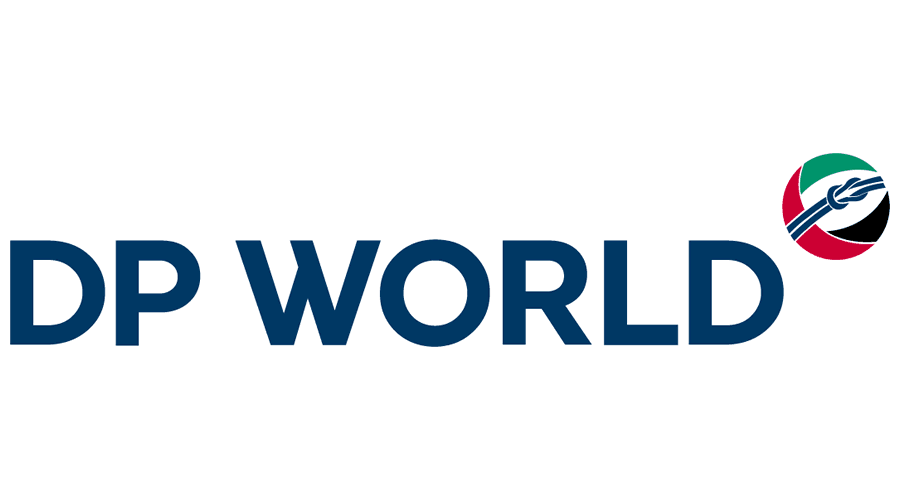
There are around 1000 ICF certified coaches in Singapore, with even fewer team coaches. Post-pandemic, team coaching has seen a rapid growth. More organizations in Singapore are now making the team coaching a part of their development programs. But there’s a catch: most leaders tend to think that there’s a subtle difference between managing and coaching.
Undoubtedly both management and coaching fall under the umbrella of leadership, but they tend to play very different roles. Team management is fast-paced and tactical; it holds employees accountable for metrics and deadlines, and incorporates real-time feedback. On the other hand, team coaching tends to be more strategic, long-term, and big-picture-focused. Wondering whether to become a team coach inSingapore? This blog is for you.
Who is a Team Manager?
Team Managers are typically restricted in their official capacity, and managing is directive and task-oriented. A team manager is someone who:
- Plan and set goals for the team
- Conduct performance evaluations
- Monitor team performance
- Take executive decisions,
- Coordinate training sessions for new employees, and
- Solve communication gaps
Who is a Team Coach?
On the contrary, a team coach facilitates, challenges, and motivates teams to maximize their abilities and potential to reach their common purpose and shared goals. A team coach is someone who works to:
- Define a vision for common growth
- Help teams commit and stay accountable to their goals
- Empower teams to work toward continued high performance and continuous development
- Encourage and promote effective communication among team members
- Build a coaching culture supporting self-reflection, collaboration and collective awareness
Team coaching has many other benefits where collective awareness plays a strong role.
Typically, managing is more project-based. It involves organizing, delegating, training employees, and providing feedback. On the other hand, team coaching has a more extensive view. It involves co-operating, developing skills, motivating, developing a positive workforce change for better outputs, and advancing work relationships.
Managing Responsibilities:
- Managers equip their employees with the necessary resources for achieving organizational goal.
- Managers are also responsible for onboarding their employees.
- In addition, managing responsibilities include team-building activities and providing guidance and feedback to employees to help them meet and exceed the expectation of their roles.
Coaching Responsibilities:
- On the other hand, coaching conversations inspire actions. Coaches help individuals in setting personal and professional goals.
- Coaching supports employees in making informed decisions.
- Where managers guide teams for collective business growth, coaches serve as partners for holistic development
What to become: A team coach or a team manager?
An exceptional workforce stands on the pillars of both coaching and managing. To develop a well-orchestrated workforce, you need to coach first and then manage. Enterprises prioritize skill development through coaching. An increasing number of people now opt for ICF accredited team coaching programs. Undoubtedly you can go ahead as a team manager, but with team coaching as a skillset, you can coach and manage your own teams.
Becoming a certified team coach in Singapore
Do you want to become a certified team coach in Singapore? Then you can always reach out to the professionals at Team Transformation. The training is open to people from diverse backgrounds. Irrespective of whether you run an organization or work as an executive, Team Transformation can equip you with the tools essential for transforming your career graph. Need more information on becoming a certified team coach in Singapore? Book a free consultation now with our Program Expert for more details.
